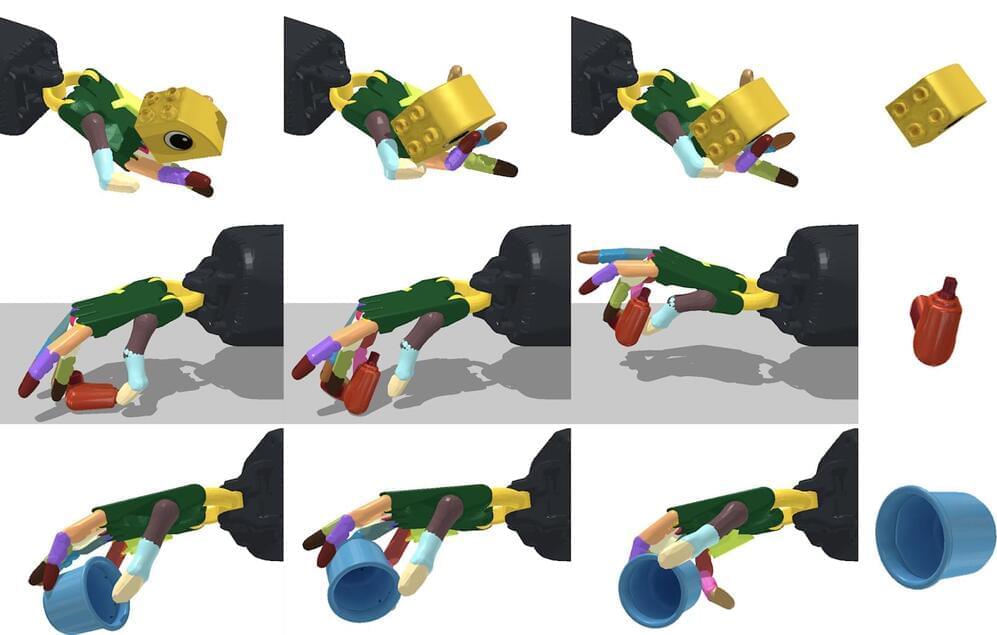Nov 5, 2021
Invasive surveillance: Are regulators ready to deal with Facebook’s ‘metaverse’?
Posted by Kelvin Dafiaghor in categories: surveillance, virtual reality
With VR data they’ve got data about 100 per cent of your experience — how you saw it, where you looked. The next generation of Facebook’s VR headset is going to have eye tracking.
This is probably the most invasive surveillance technology we’re going to bring into our homes in the next decade.
Facebook’s pivot was met with plenty of scepticism, with critics saying the timing points to a cynical rebrand designed to distance the company from Facebook’s rolling scandals. Others have argued the metaverse already exists as a graveyard strewn with ideas like Google Glass smart glasses, which have failed to catch on. But with Zuckerberg pledging to invest at least $US10 billion this year on metaverse development and proposing to hire 10,000 workers across the European Union over the next five years, there is a looming question for policymakers about how this ambition can or should be regulated.


















